European
Southern
Observatory


Great scientific advancements are anticipated with the ELT, marking a giant leap forward in our understanding of the Universe and potentially the first step towards finding life beyond the Solar System.
Yet all previous telescopes have shown that – no matter how hard scientists have tried to predict the future – the greatest discoveries tend to be completely unexpected. Will this be the case with the ELT?
Yet all previous telescopes have shown that – no matter how hard scientists have tried to predict the future – the greatest discoveries tend to be completely unexpected. Will this be the case with the ELT?
Great scientific advancements are anticipated with the ELT, marking a giant leap forward in our understanding of the Universe and potentially the first step towards finding life beyond the Solar System.
Yet all previous telescopes have shown that – no matter how hard scientists have tried to predict the future – the greatest discoveries tend to be completely unexpected. Will this be the case with the ELT?
The discovery potential of a telescope is hard to measure. However, one key indicator of huge discovery potential is the opening of a new parameter space: looking somewhere that nobody has been able to explore before is very likely to yield new discoveries.
Many of the most unique discoveries made with telescopes that came before the ELT were unforeseen. The Hubble Space Telescope is perhaps most famous for its spectacular observations of “deep fields” of galaxies, such as the Hubble Deep Field. But observing a small patch of sky and discovering some 3000 objects, mostly young and distant galaxies, was not one of the initial aims of the project. Similarly, ESO’s 3.6-metre telescope at its La Silla Observatory, which is known, amongst other things, for the revolutionary exoplanet discoveries made with its HARPS instrument, was first commissioned in 1977, at a time when exoplanets were totally unheard of.
By opening new windows into the Universe, the ELT is likely to make discoveries that nobody has ever even thought about. This will trigger theorists to find explanations, observers to verify and find new targets, and engineers to continue pushing the boundaries of technology.
The ELT will open such new frontiers in at least two ways. First, thanks to its immense collecting power, the telescope will increase the sensitivity of observations by up to a factor of 600. Indeed, the ELT will have more collecting area than all the large 8–10-metre-class telescope combined. Furthermore, it will increase the spatial resolution of images by an order of magnitude, taking even sharper images than future space telescopes.
These leaps forward in what a telescope can do — coupled with other advances such as unprecedented spectral resolution, and new levels of contrast that allow us to see very faint objects next to very bright objects — mean that the ELT will open up an entire universe of possibilities. Despite the incredible discoveries we expect to make using the ELT, it is in this great unknown that the ultimate excitement lies.
We use cookies that are essential for accessing our websites and using our services. We also use cookies to analyse, measure and improve our websites’ performance, to enable content sharing via social media and to display media content hosted on third-party platforms.
The European Organisation for Astronomical Research in the Southern Hemisphere (ESO) is the pre-eminent intergovernmental science and technology organisation in astronomy. It carries out an ambitious programme focused on the design, construction and operation of powerful ground-based observing facilities for astronomy.
This Cookies Policy is intended to provide clarity by outlining the cookies used on the ESO public websites, their functions, the options you have for controlling them, and the ways you can contact us for additional details.
Cookies are small pieces of data stored on your device by websites you visit. They serve various purposes, such as remembering login credentials and preferences and enhance your browsing experience.
Essential cookies (always active): These cookies are strictly necessary for the proper functioning of our website. Without these cookies, the website cannot operate correctly, and certain services, such as logging in or accessing secure areas, may not be available; because they are essential for the website’s operation, they cannot be disabled.
Functional Cookies: These cookies enhance your browsing experience by enabling additional features and personalization, such as remembering your preferences and settings. While not strictly necessary for the website to function, they improve usability and convenience; these cookies are only placed if you provide your consent.
Analytics cookies: These cookies collect information about how visitors interact with our website, such as which pages are visited most often and how users navigate the site. This data helps us improve website performance, optimize content, and enhance the user experience; these cookies are only placed if you provide your consent. We use the following analytics cookies.
Matomo Cookies:
This website uses Matomo (formerly Piwik), an open source software which enables the statistical analysis of website visits. Matomo uses cookies (text files) which are saved on your computer and which allow us to analyze how you use our website. The website user information generated by the cookies will only be saved on the servers of our IT Department. We use this information to analyze www.eso.org visits and to prepare reports on website activities. These data will not be disclosed to third parties.
On behalf of ESO, Matomo will use this information for the purpose of evaluating your use of the website, compiling reports on website activity and providing other services relating to website activity and internet usage.
Matomo cookies settings:
Additional Third-party cookies on ESO websites: some of our pages display content from external providers, e.g. YouTube.
Such third-party services are outside of ESO control and may, at any time, change their terms of service, use of cookies, etc.
YouTube: Some videos on the ESO website are embedded from ESO’s official YouTube channel. We have enabled YouTube’s privacy-enhanced mode, meaning that no cookies are set unless the user actively clicks on the video to play it. Additionally, in this mode, YouTube does not store any personally identifiable cookie data for embedded video playbacks. For more details, please refer to YouTube’s embedding videos information page.
Cookies can also be classified based on the following elements.
Regarding the domain, there are:
As for their duration, cookies can be:
Cookie settings: You can modify your cookie choices for the ESO webpages at any time by clicking on the link Cookie settings at the bottom of any page.
In your browser: If you wish to delete cookies or instruct your browser to delete or block cookies by default, please visit the help pages of your browser:
Please be aware that if you delete or decline cookies, certain functionalities of our website may be not be available and your browsing experience may be affected.
You can set most browsers to prevent any cookies being placed on your device, but you may then have to manually adjust some preferences every time you visit a site/page. And some services and functionalities may not work properly at all (e.g. profile logging-in, shop check out).
The ESO Cookies Policy may be subject to future updates, which will be made available on this page.
For any queries related to cookies, please contact: pdprATesoDOTorg.
As ESO public webpages are managed by our Department of Communication, your questions will be dealt with the support of the said Department.